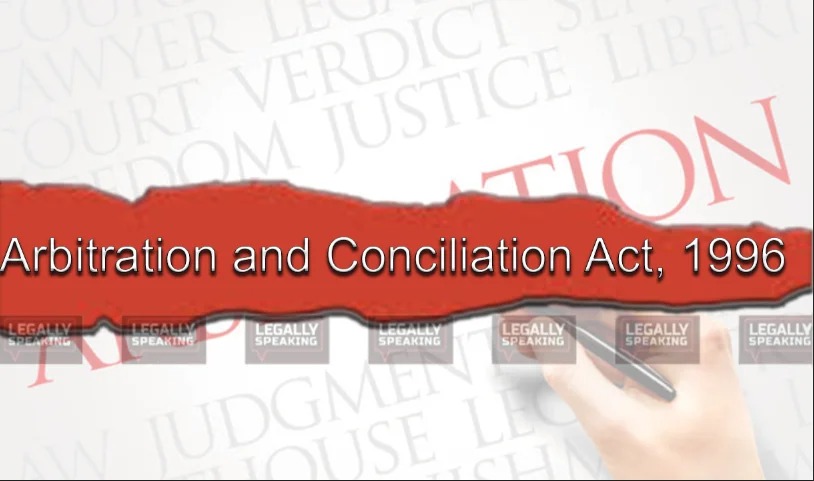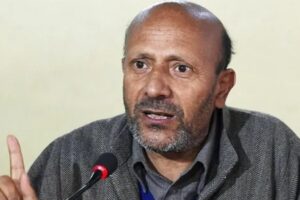
The Union Law Ministry has formed an expert committee to propose reforms in the Arbitration and Conciliation Act of 1996 and evaluate the functionality of arbitration law in the country.
Led by Dr. TK Vishwanathan, Former Secretary of the Department of Legal Affairs, the sixteen-member expert committee has been appointed by the Law Ministry. The committee will be coordinated by DK Singh, CCA, Department of Legal Affairs.
The committee is expected to deliver its recommendations within a 30-day timeframe, commencing from June 14. This step aims to reduce the necessity for parties to seek judicial intervention by approaching the court.
The expert committee comprises the following members:
- N Venkatraman, ASGI
- Gourab Banerji, Senior Advocate
- AK Gangull, Senior Advocate
- Shardul Shroff, Partner, Shardul Amarchand Mangaldass
- Bahram Vakil, Partner, AZB Partners
- Saurav Agarwal, Advocate
- Representative of NITI Aayog
- Representative of Enterprises/ CPSES
- Representative of Department of Confederation of Public Indian Industries (CIL)
- Representative of NHAI/MORTH
- Representative of Ministry of Railways
- Representative of Department of Economic Affairs
- Representative of Ministry of Housing & Urban Affairs/ CPWD
- Representative of Legislative Department
- Rajiv Mani, Additional Secretary, Department of Legal Affairs.
The expert committee has been assigned a comprehensive set of terms of reference to guide its operations. These include:
- Conduct a thorough evaluation and analysis of the current arbitration ecosystem in the country, including the functioning of the Arbitration and Conciliation Act of 1996. This assessment should identify the strengths, weaknesses, and challenges of the Act in comparison to significant foreign jurisdictions.
- Recommend a model arbitration system framework that is efficient, effective, economical, and meets the needs of the users.
- Develop a strategy to foster a competitive environment in the arbitration services market, benefiting both domestic and international parties. This strategy should focus on cost-effective arbitration and the availability of skilled arbitration professionals.
- Propose measures to expedite the enforcement of arbitral awards, including modifications to existing provisions concerning the setting aside of awards and appeals. The aim is to ensure that arbitral awards achieve finality promptly.
- Recommend statutory mechanisms to reduce the reliance on judicial authorities and courts in dispute resolution processes centered around arbitration.
- Suggest an administrative mechanism or standard operating procedure (SOP) to minimize routine challenges to arbitral awards by the government in disputes involving them.
- Provide recommendations on principles for determining the costs of arbitration.
- Provide recommendations on principles for determining the fees of arbitrators.
- Recommend a charter of duties to guide the conduct of arbitral tribunals, parties involved, and arbitral institutions.
- Examine the feasibility of enacting separate laws for domestic arbitration and international arbitration, as well as for enforcing certain foreign awards.





